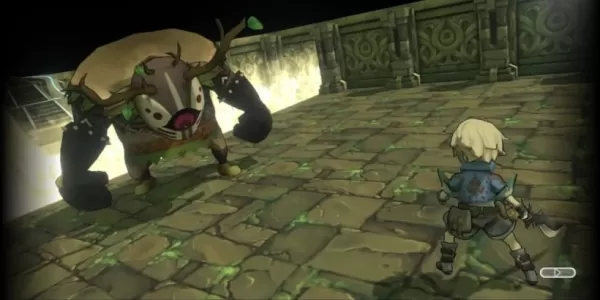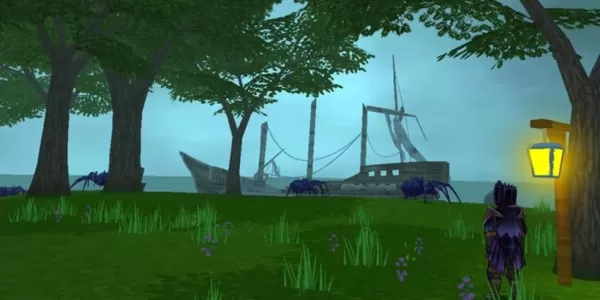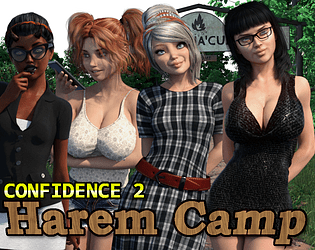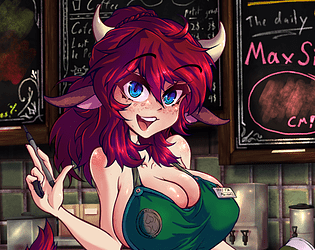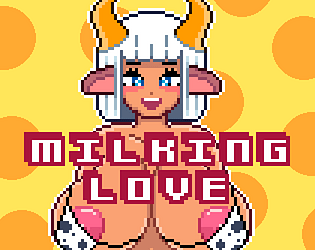Dreamhaven was founded five years ago by Mike and Amy Morhaime with a clear, ambitious vision. In conversations with the founding team at the time, they described their goal of establishing a sustainable publishing and support platform for game studios—both internally developed ones like Moonshot and Secret Door, as well as external partners they would choose to collaborate with.
During our interview, Mike Morhaime shared a powerful aspiration for Dreamhaven:
“We want, if I may be so bold as to say, to be a beacon to the industry,” he said, referencing the company’s lighthouse-themed logo. “There's a better way of approaching the business of games—a method that can deliver outstanding results in terms of product quality, financial success, and workplace culture. We believe this approach could help elevate the entire industry.”
At the time of its founding, numerous studios led by former AAA executives emerged, each making bold promises about sustainability and creative freedom. However, over the past few years, the gaming landscape has faced immense challenges: a global pandemic, economic instability, widespread layoffs, studio closures, and project cancellations. Many of these visionary studios have either shut down before releasing any games or postponed their goals indefinitely.
This impressive slate shows how much Dreamhaven has accomplished in a short time. But it doesn’t stop there. The company also supports ten additional external studios—many founded and staffed by ex-AAA talent—through various forms including investments, consulting, and fundraising assistance. Sometimes this includes publishing, but not always. During my conversation with Mike Morhaime at GDC last week, he explained that from the beginning, Dreamhaven aimed to create a kind of “net” to “capture some of this great talent that was dispersing” across the industry.
Wildgate - First Screenshots
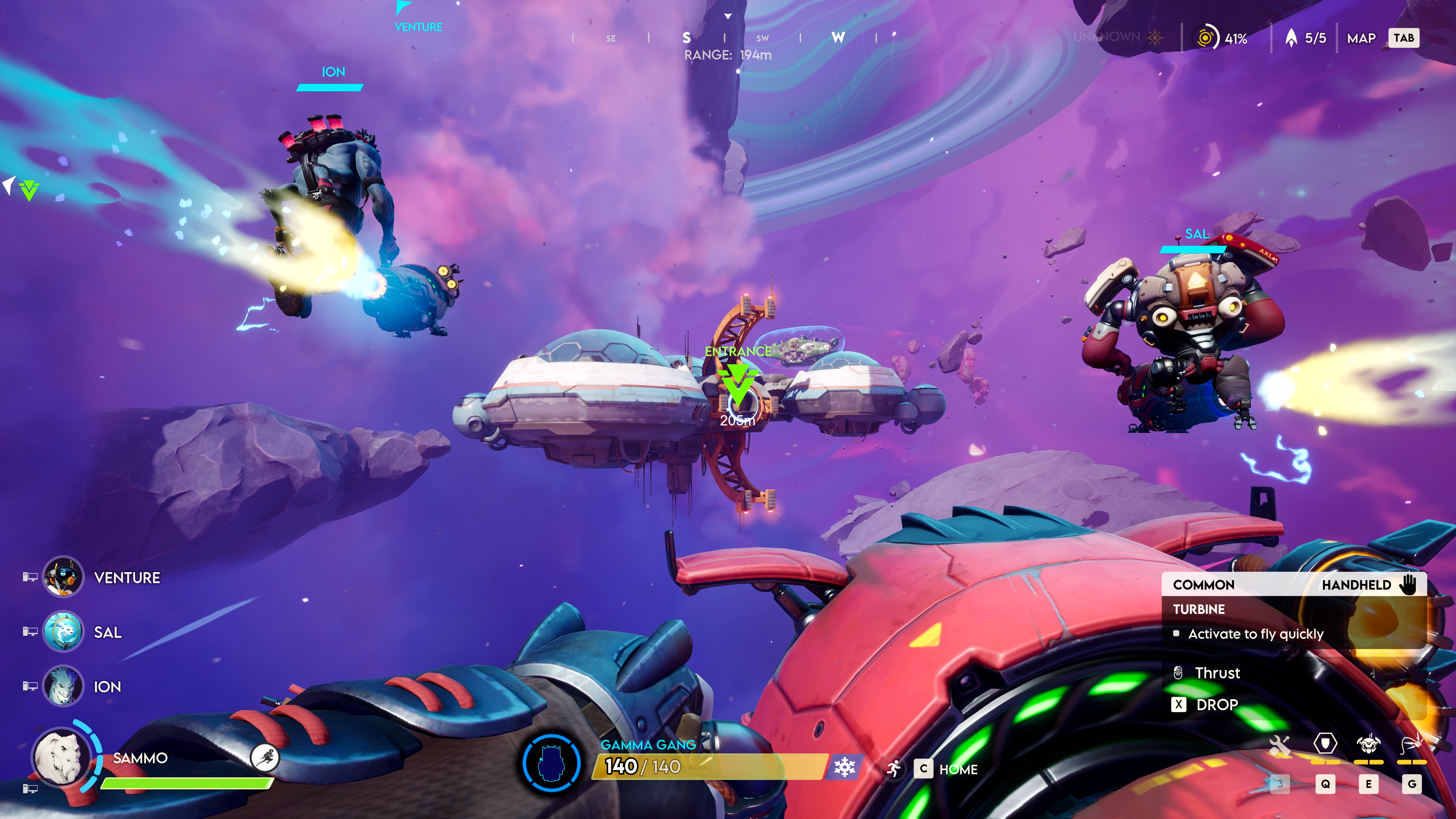
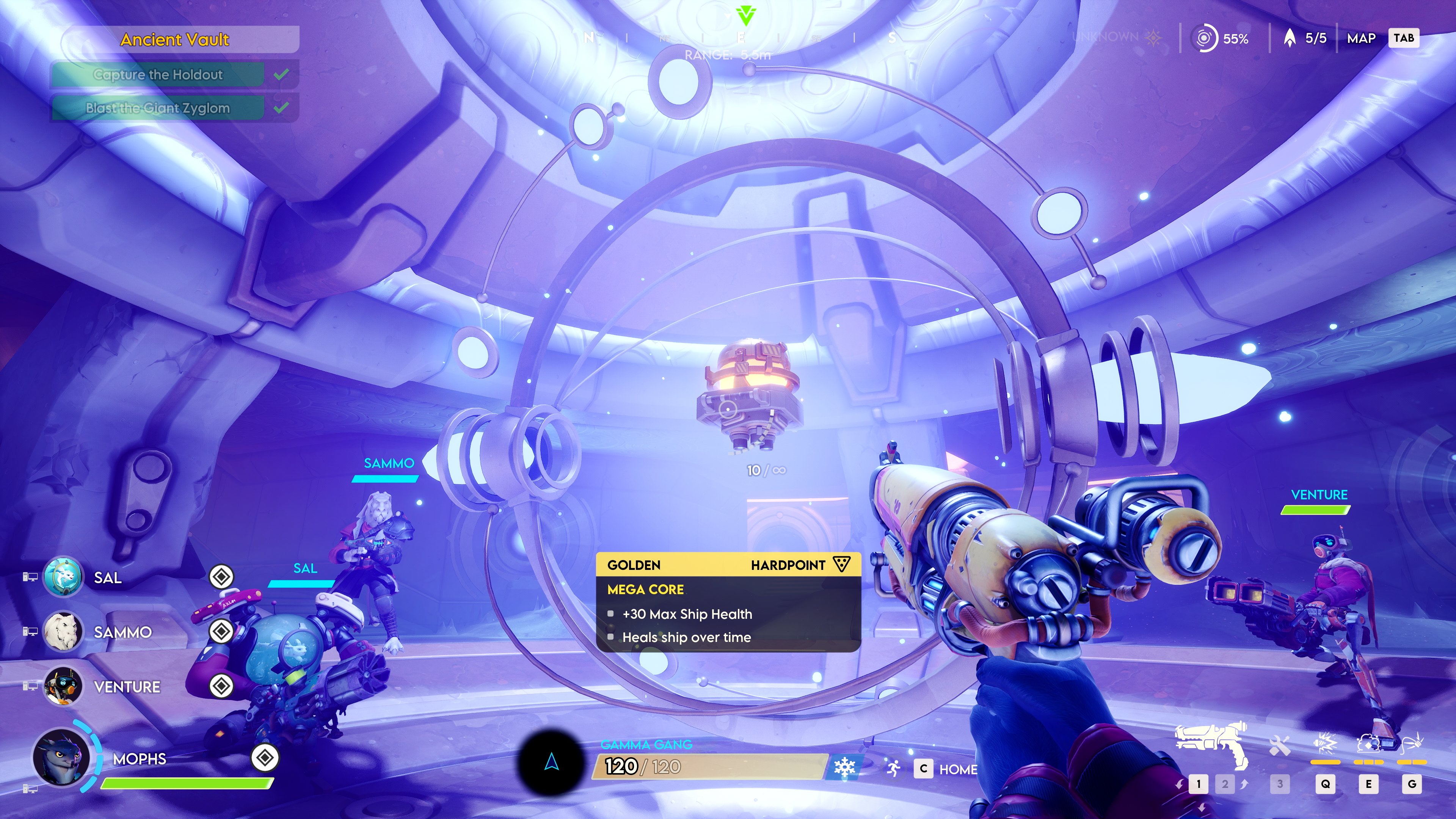 10 Images
10 Images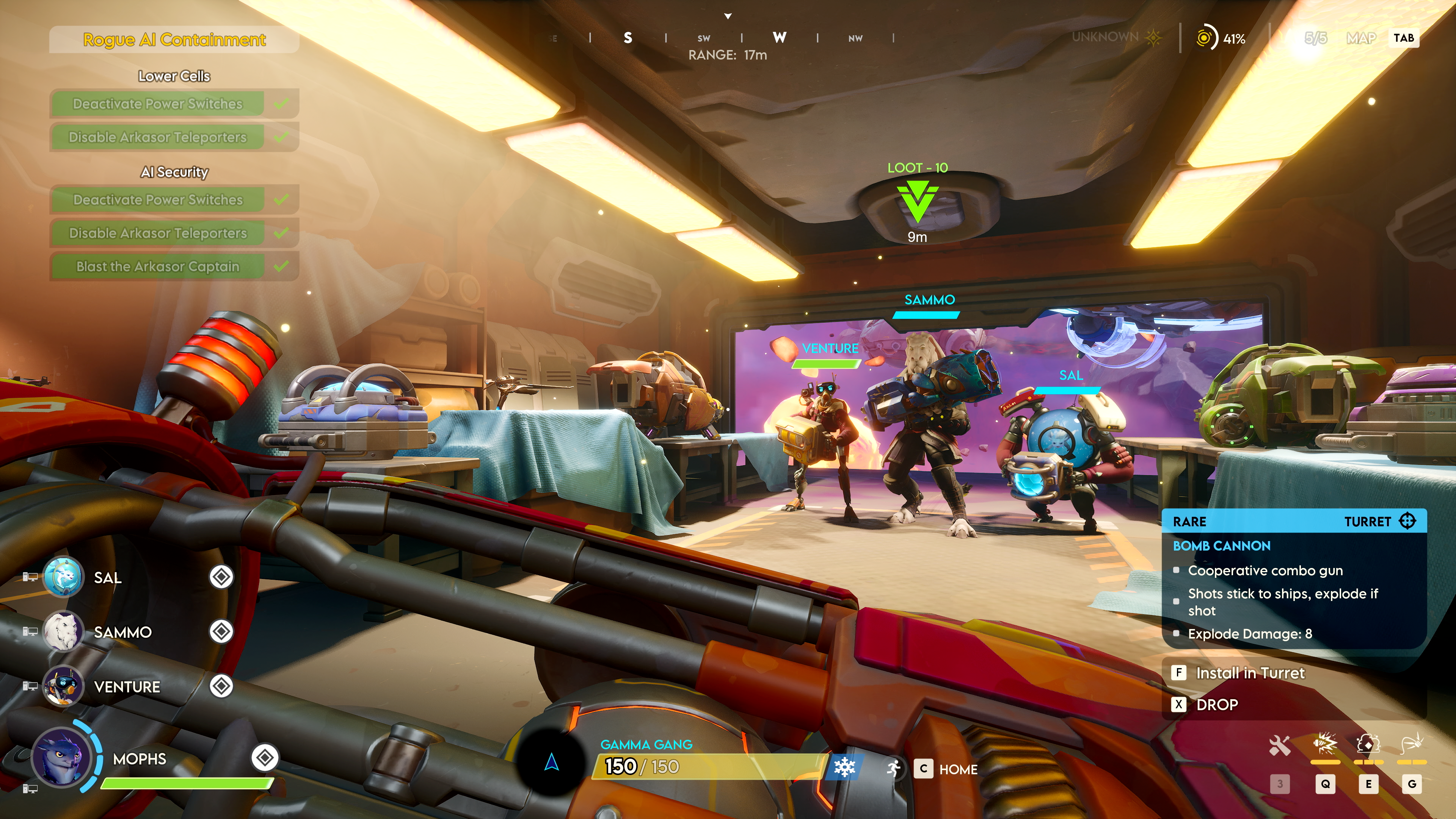
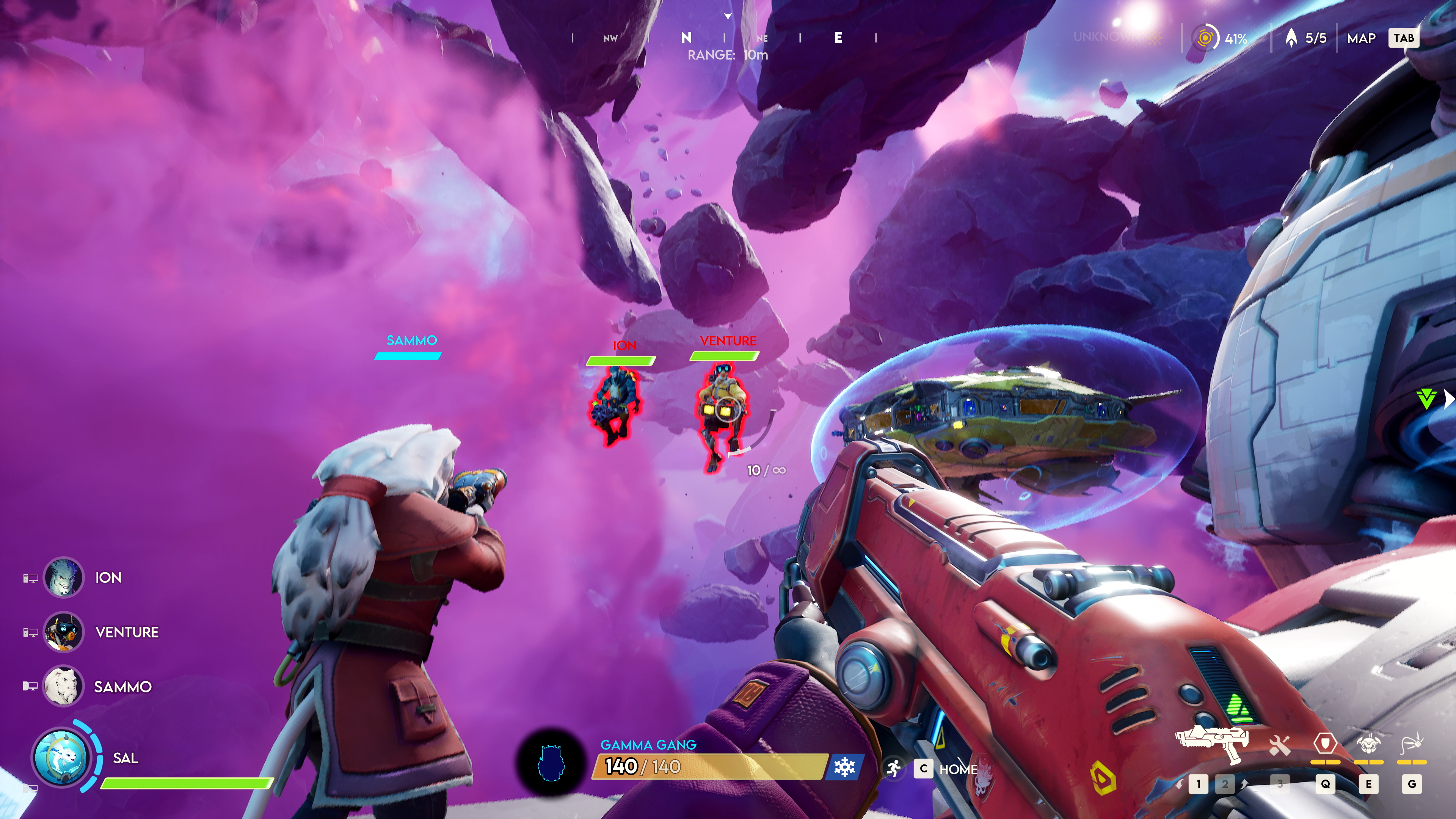
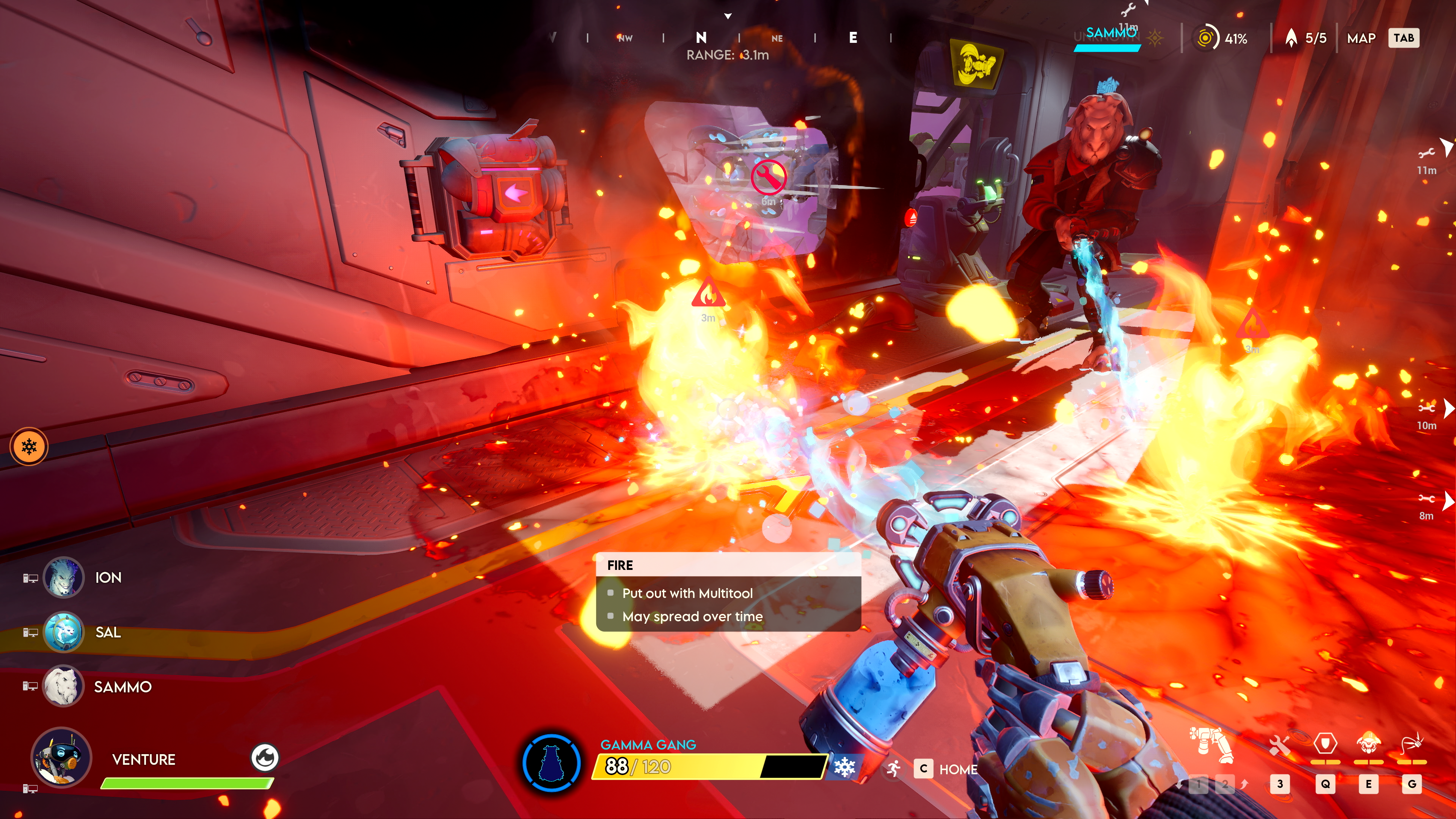
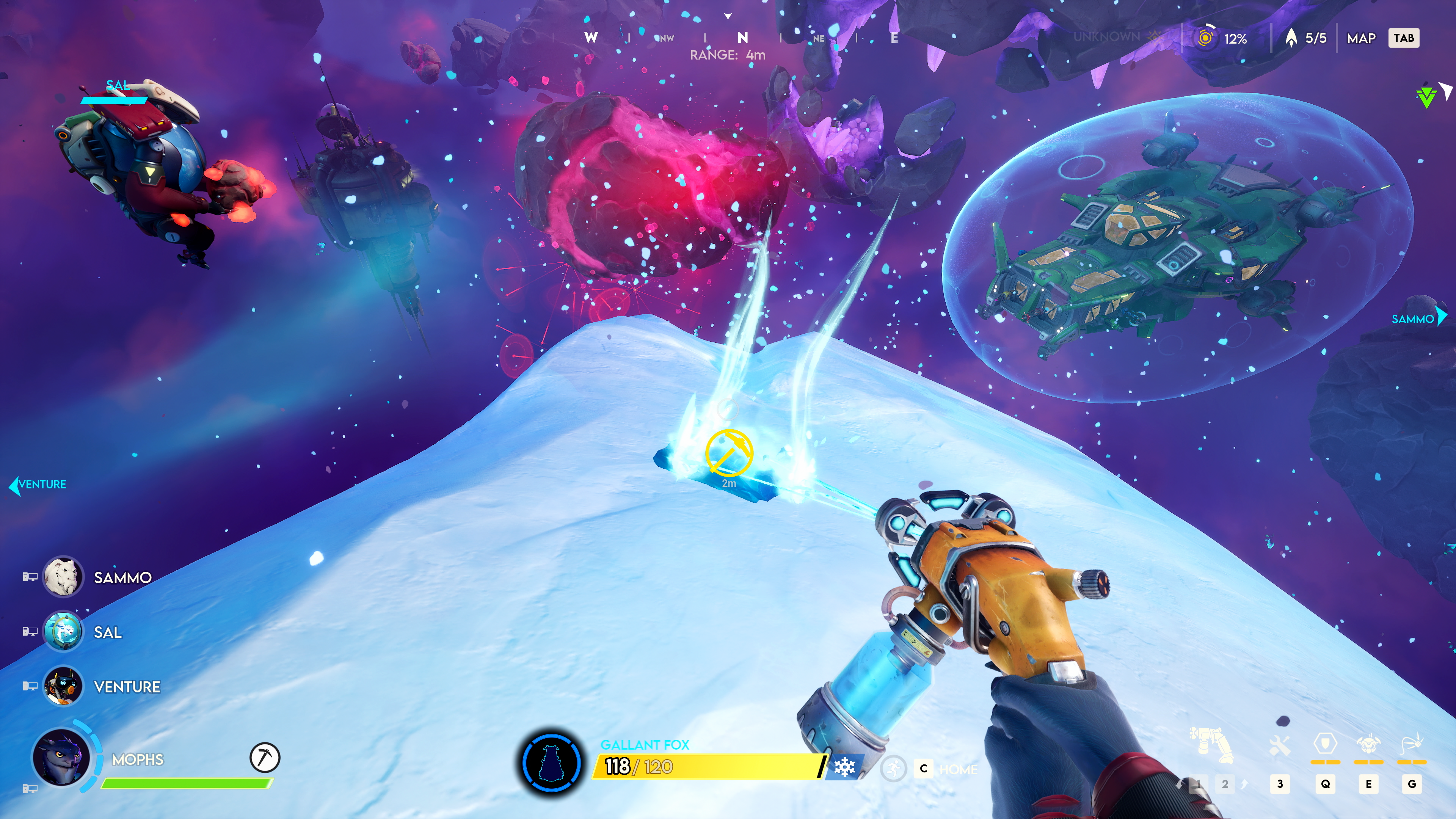
Morhaime added, “We saw all these studios starting up and we have a lot of relationships. We knew many of the people behind them, and we wanted to create a structure where we could offer support, guidance, and encouragement to help them succeed.”
Throughout GDC, discussions frequently returned to the current state of crisis in the games industry, particularly the consequences of prioritizing profit above all else—leading to cancellations, shutdowns, and mass layoffs. When asked about the balance between creativity and business, Morhaime emphasized that both can coexist. He believes innovation requires an environment where failure is permissible.
“To foster innovation, you need a safe space where teams feel empowered to experiment,” he explained. “We’re not against profitability—we want our games to succeed financially. But when your main focus every day becomes maximizing profits, you lose sight of creating the best possible experience. That’s what we prioritize. With so much competition and thousands of games launching yearly, the only way to stand out is by offering something truly unique and memorable.”
Given that Dreamhaven and many of its partner studios are led by veterans of AAA development, I asked Morhaime what key lessons he brought from his time at Blizzard. His response highlighted the importance of an iterative development process.
“It was never a straight line,” he recalled. “It wasn't about having a perfect plan and sticking to it exactly. We encountered obstacles and things that didn’t go as expected, but we had the flexibility to adapt and fix issues along the way. So, the mindset has always been one of experimentation—trying new things, revisiting ideas when necessary, and ultimately delivering something we're proud of.”
On the flip side, I asked what’s changed since his days at Blizzard. His answer was simple: agency.
“The biggest difference is the level of autonomy our studio leaders have,” he said. “Our leadership teams are highly experienced and given significant creative control. Our role at Dreamhaven is to provide support—not to micromanage. Our studio heads are also founding members of Dreamhaven, which makes this more of a collaborative partnership than a traditional corporate relationship.”
Our discussion turned to emerging technologies—specifically generative AI, a topic generating both excitement and concern in the industry. While many AAA companies are adopting AI tools, Dreamhaven remains cautious.
“We’re not avoiding it,” Morhaime clarified. “But so far, our use of AI has been limited to research and policy drafting. It’s not being used in our games at this time.”
He continued, “As a technologist, I find AI incredibly exciting. Just a few years ago, I couldn’t have imagined what it’s capable of today. There are complex legal and ethical questions surrounding it, and it’s hard to predict how it will shape our lives. But ignoring it won’t make it disappear. Those who refuse to engage with it risk falling behind.”
I then asked about another upcoming technology—the Nintendo Switch 2. Since Sunderfolk and Lynked are confirmed for Switch, and Mechabellum is Steam-exclusive, I wondered why Wildgate didn’t include the Switch in its multi-platform announcement. Morhaime wouldn’t comment directly, but he did share thoughts on console transitions in general:
“I think console generations can be disruptive, but they can also breathe fresh energy into the industry. As a startup, these transitions actually benefit us. Unlike established companies with ongoing sales, we don’t face the same disruption risks. And as a gamer, I find new consoles exciting—they bring innovation and new possibilities.”
As our conversation wrapped up, I asked Morhaime whether Dreamhaven had achieved the mission he outlined five years ago—whether it had become a “beacon to the industry.” His response was humble and honest: not yet.
“We still need to release games and see how players respond,” he said. “We must launch titles that gamers love and achieve financial success. If we fail in either of those areas, no one will look to us as a model for anything. What I hope is that Dreamhaven builds a strong reputation among players—that the brand becomes synonymous with quality, trust, and originality. I want players to know that if a game comes from Dreamhaven, regardless of genre, it’s worth checking out.”

